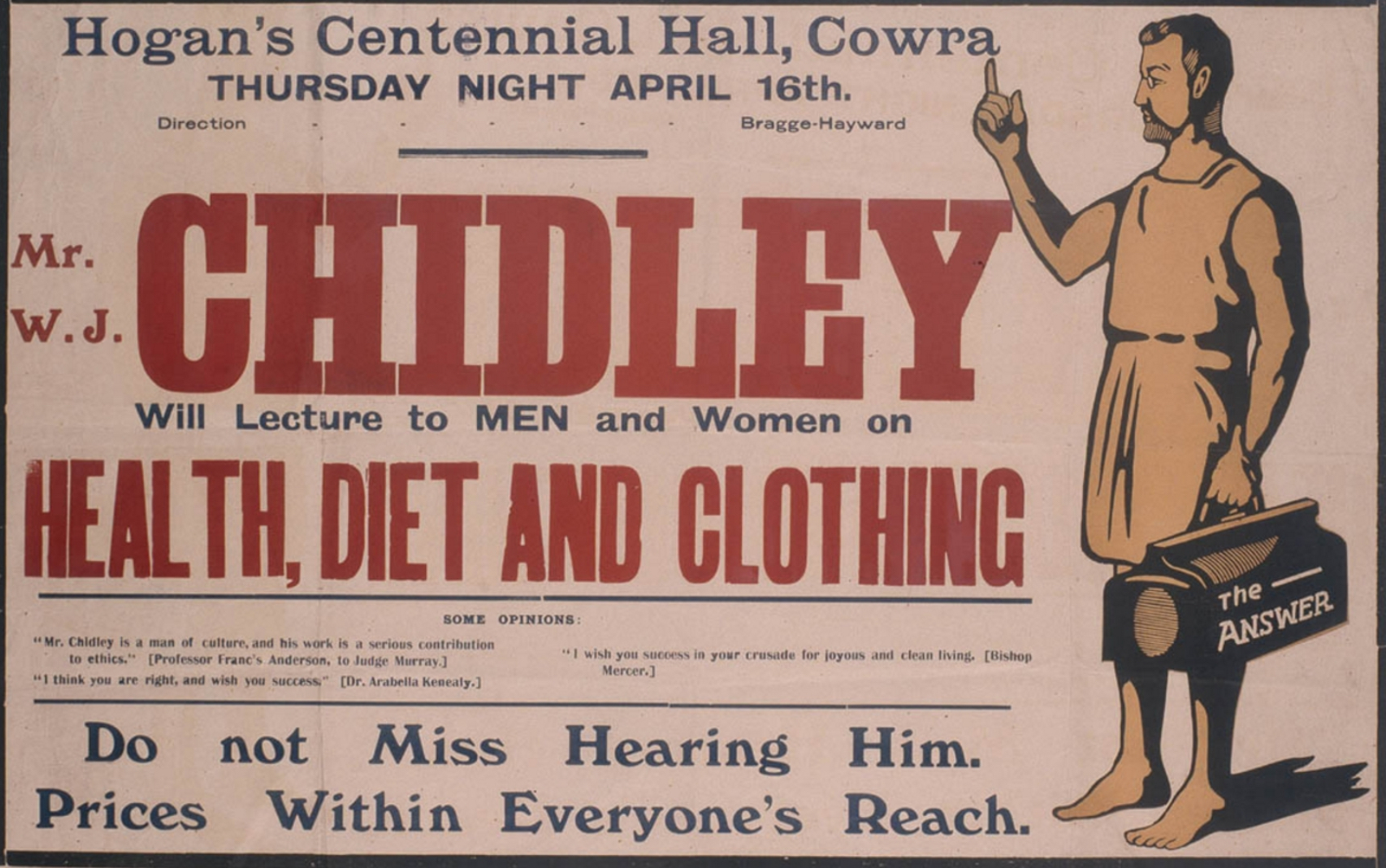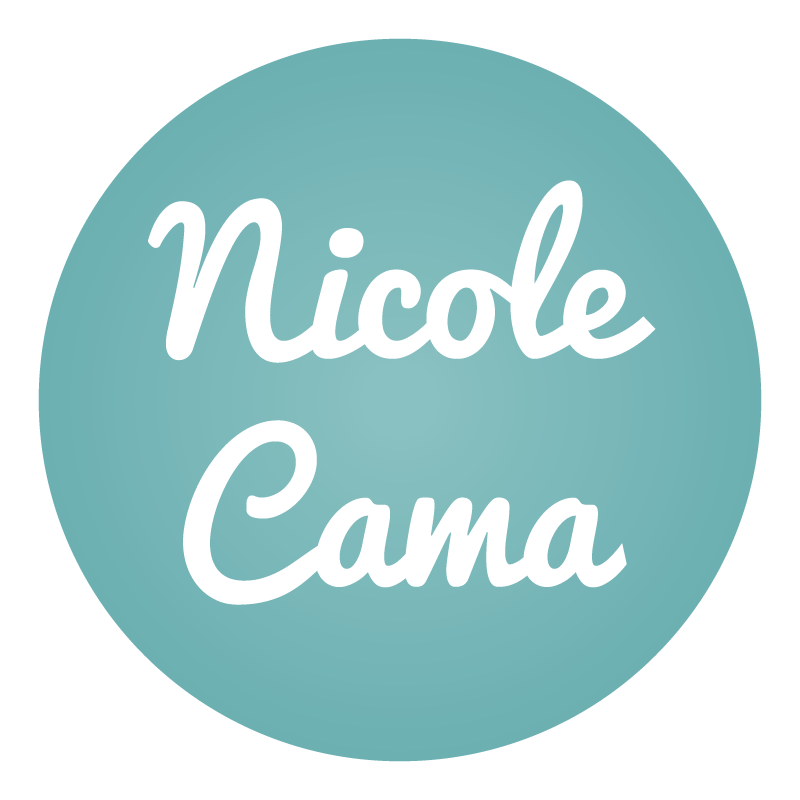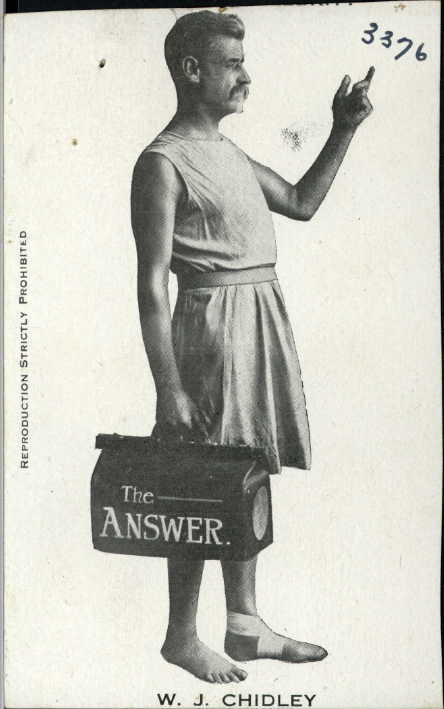
‘Mr W J Chidley will lecture to men and women on health, diet and clothing’, State Library of NSW
Speakers’ Corner in Sydney’s Domain has become known for its function as a place where individuals can share what’s on their mind. One famous eccentric campaigner, William Chidley, was a regular sight at the Domain from 1912, and became known for his thoughts on vegetarianism, fresh air, comfortable clothing and even, ‘correct sex’. I spoke about this fascinating character from Sydney’s past with Mitch on 2SER Breakfast this morning.
Dictionary of Sydney contributor, Catie Gilchrist, notes that Speakers’ Corner in Sydney’s Domain became a place where members of the public could share their thoughts in 1878. The area became a lively and popular one and one article published in the Sydney Morning Herald in 1888 noted people would: ‘preach, argue, and wrangle a little noisily, perhaps, but with the greatest good humour….’
William James Chidley would dress in a simple tunic and sandals, and preached on a range of topics advocating dress reform and a raw vegetarian diet. But he also had opinions on sex. He claimed sex should only occur in the spring, outdoors in the sunshine and only between two lovers. Chidley believed his scheme would save the world ‘from all its misery, disease, crime and ugliness’, and also that it would save women from the pain and violence they encountered during sex.
Chidley spread his ideas in the Domain, Royal Botanic Gardens and throughout the streets of Sydney, selling his pamphlet which was titled, The Answer. His ideas were quite radical for the time, and attracted the attention not just of the general public, but of law enforcement, which resulted in a series of police prosecutions, gaol sentences and asylum incarcerations. Chidley and those who sold his pamphlet were prosecuted on the grounds that there were sections of the book which would ‘tend to deprave and corrupt the morals of any person reading it’.
Although Chidley was arrested many times, sometimes for ‘offensive’ behaviour and other times simply for wearing his tunic, his many friends and supporters came forward to pay his fines. But in August 1912, medical authorities declared him insane and he was detained in the Callan Park Mental Hospital in Lilyfield. Meetings were held in protest of his detainment and the issue was raised in Parliamentary debates. After a packed meeting in Sydney Town Hall, Chidley was released in October 1912.
Chidley continued his crusade for the next four years, and was continuously arrested, incarcerated and released. This only made him more well-known, and very soon his message and brushes with the law were making headlines across the country. Yet despite the support and attention he garnered, Chidley was declared insane in February 1916 and committed to Kenmore Mental Hospital in Goulburn. He appealed in vain to the Supreme Court and was later again committed to Callan Park Mental Hospital.
In October 1916, he recovered from a suicide attempt, but he died suddenly of arteriosclerosis two months later. The original 1899 manuscript of his autobiography, The Confessions of William James Chidley, is now at the Mitchell Library, State Library of NSW and was first published in 1977. His experience continues to be relevant today, as tensions and issues surrounding freedom of speech remain an ever-present reality.
Listen to my segment at 2SER radio and read the original article by Catie Gilchrist at the Dictionary of Sydney. For other interesting segments, see my Dictionary of Sydney project post and visit the Dictionary of Sydney blog.

